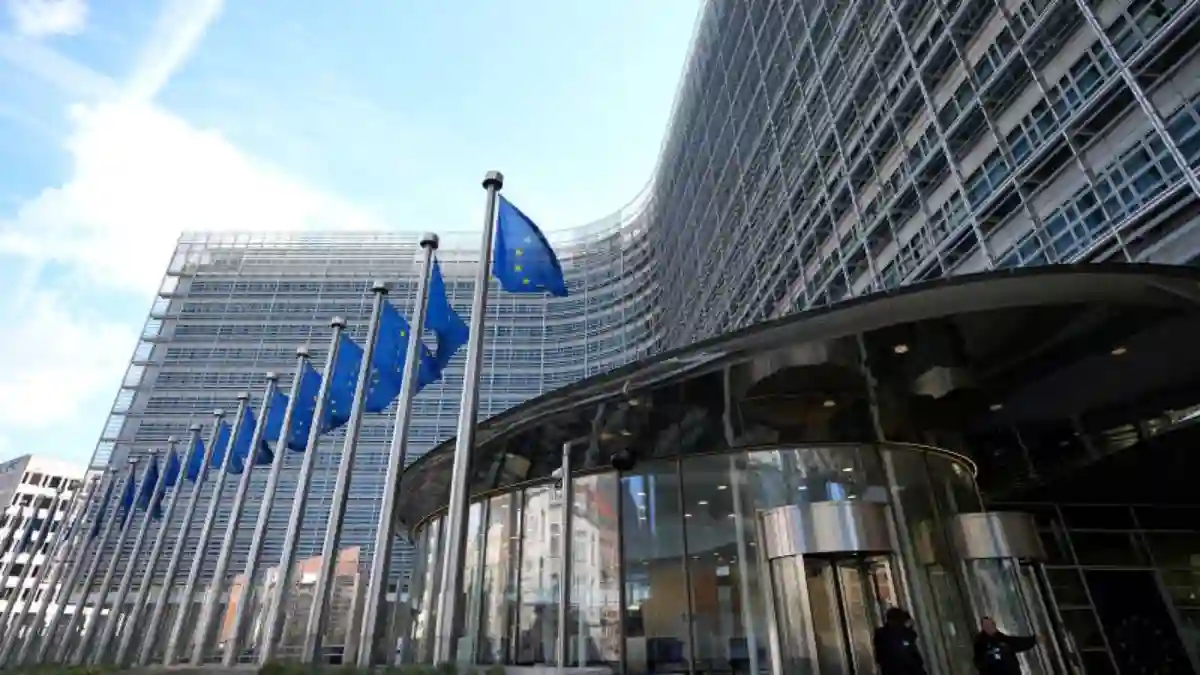
In a landmark enforcement of its Digital Markets Act (DMA), the European Union has fined Apple and Meta a combined €700 million for antitrust violations. This action underscores the EU's commitment to regulating major tech companies and ensuring fair competition within its digital market.
Apple Penalized for App Store Restrictions
Apple faces a €500 million fine for limiting app developers' ability to inform users about alternative purchasing options outside the App Store. The European Commission determined that such practices hinder competition and consumer choice. Apple has been given 60 days to amend its policies to comply with the DMA or face additional penalties.
Meta's "Pay or Consent" Model Under Scrutiny
Meta has been fined €200 million for its "pay or consent" approach, which requires users to either agree to personalized data tracking or pay for an ad-free experience on platforms like Facebook and Instagram. Regulators argue this model compromises users' freedom to consent and violates EU data privacy standards. Meta is expected to appeal the decision.
Broader Implications and Future Enforcement
These fines mark the EU's first significant actions under the DMA, signaling a more assertive stance on regulating Big Tech. While the penalties are substantial, they are below the maximum 10% of global turnover allowed under the DMA, reflecting a measured approach to enforcement. The European Commission has indicated that other tech giants, including Google and X (formerly Twitter), may also face scrutiny under the DMA and the Digital Services Act.
Industry Reactions and Compliance Challenges
Apple and Meta have criticized the EU's actions, claiming they unfairly target U.S. companies and could harm innovation. Apple argues that the Commission's demands compromise user privacy and product quality, while Meta contends that the regulations impose an unfair economic burden. Despite these objections, the EU maintains that all companies operating within its jurisdiction must adhere to its laws and values.
Conclusion
The EU's enforcement of the Digital Markets Act represents a significant step in its efforts to regulate digital markets and ensure fair competition. As the Commission continues to monitor compliance and consider further actions against other tech firms, companies operating in the EU will need to adapt to this evolving regulatory landscape.